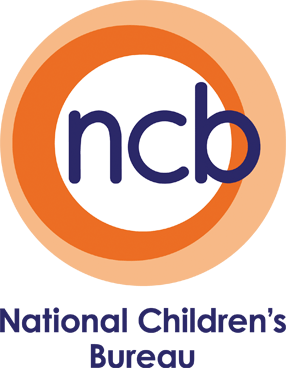Have your say to keep children and young people safe online

As a draft e-safety strategy for Northern Ireland is published for consultation, the National Children’s Bureau’s Claire Dorris encourages everyone to have their say.
2019 is the 30th anniversary of the World Wide Web, and coincidentally, the 30th anniversary of the adoption of the UN Convention on the Rights of the Child. For the slightly older among us, the internet has undoubtedly changed our lives in many ways, however, for children and young people, a world surrounded by technology is all they have known. While this of course brings opportunities, it also brings new risks for new generations. In this context, the protection of children’s rights in the online world is critical. Children’s digital rights can be described as:
• the right to protection against threats;
• the right to provision of resources to help children develop and grow; and
• the right to participation in society and to have a say in issues affecting them.
As practitioners, policy makers and parents, our role is to support children in claiming these rights, facilitating ‘digital natives’ to make the most of the vast and exciting resources available, while empowering them to stay safe from harm. To do this, we must also educate ourselves, continue to learn from emerging evidence, and share best practice.
In January 2015, recognising the need for a strategic approach to supporting children and young people in the online world, the then Northern Ireland Executive tasked the Safeguarding Board for Northern Ireland (SBNI) with developing a cross-departmental e-safety strategy and accompanying action plan. The National Children’s Bureau was commissioned to support this piece of work. In developing the draft strategy, significant engagement took place with multi-disciplinary stakeholders across policy and practice, and importantly with parents, carers, children and young people, to ensure that the draft strategy addressed real needs.
The strategy proposes three pillars for priority actions:
1. Creating a sustainable e-safety infrastructure
• ensuring evidence of good practice is accessible to all;
• strengthening links between Northern Ireland and wider UK e-safety organisations;
• providing a central access point for e-safety information and support; and
• reviewing and widening public WiFi filtering.
2. Educating children and young people, parents and carers, and those who work with them.
• developing key e-safety messages that all organisations can promote; and
• ensuring practitioners across all sectors have the knowledge to support children and young people to safely access the online world.
3. Developing evidence-informed quality standards for the provision of e-safety
• supporting organisations to assess the quality of their own e-safety practice; and
• proposing a charter-mark scheme for e-safety training and resources, ensuring consistency.
Have your say!
The consultation on this draft strategy is now open. To ensure a fit for purpose strategy reflecting the current needs and experiences of all children and young people, and those who support them, the consultation must capture the views of a full range of stakeholders, parents, carers, children and young people. Please take the time to respond.
The consultation closes on Monday, 29 April at 5pm.
Claire Dorris
National Children’s Bureau
T: 028 9087 5006
E: cdorris@ncb.org.uk
W: www.safeguardingni.org/esafetyconsultation






